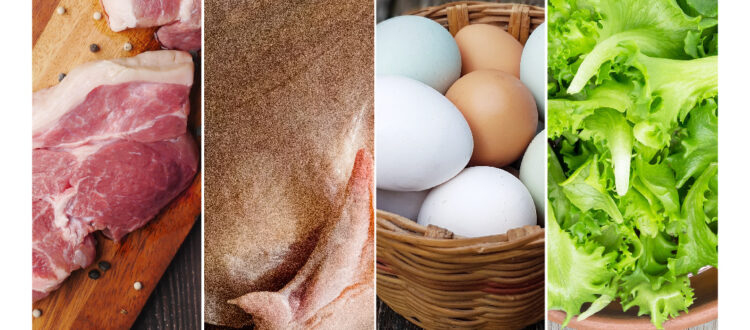
The Food Safety Information Council is urging Australians this Food Safety Week to reduce their risk of food poisoning by buying and using a meat thermometer to check safe cooking temperatures.
Cathy Moir, Council Chair, said that a recent consumer survey found only 29% of Australian households own a meat thermometer and only 14% of those have used it in the past month.
‘Food poisoning is a serious issue as a recent study by Food Standards Australia New Zealand and the Australian National University found that estimated 4.67 million cases of food poisoning in Australia each year that result in 47,900 hospitalisations, 38 deaths and cost to the economy of $2.1 billion. Poorly cooked meat and poultry can be a major contributor to these statistics,’ Ms Moir said.
‘You can’t tell if your food is cooked safely just by looking at it. The only way to ensure your meat or poultry is cooked correctly is to purchase and use a meat thermometer. We are urging people to get that meat thermometer out of the drawer or purchase one if you don’t have one already. Most supermarkets, BBQ outlets and kitchenware shops stock them.
‘We recommend you use a digital meat thermometer and cook your foods safely to these temperatures measured in the centre of the food:
- Beef, lamb, kangaroo in whole cuts like chops, steaks, pieces and roasts at least 63°C (medium rare) and leave to rest 3 to 5 minutes.
- Pork whole cuts and pieces to 70°C and roasts to between 70°C and 75°C and leave to rest 3 to 5 minutes.
- Beef, lamb, kangaroo, or pork that have been made into sausages, hamburgers or mince as well as rolled roasts, liver and other offal 75°C
- All poultry (whole cuts, roast or mince) should be cooked to at least 75°C
‘Egg and egg dishes such as quiche can also be a food safety risk and should be cooked to 72°C in the centre (or until the white is firm and the yolk thickens).
‘Remember to always clean and sanitise your meat thermometer between uses. Hygiene is critical to food safety so always wash your hands before handling food and after handling raw meat, chicken, and eggs. Raw fruit and vegetables such as salad veggies can also be a food poisoning risk so make sure you always wash them under running water before eating,’ Ms Moir concluded.
The Food Safety Information Council celebrates its 25th anniversary this year and we would like to thank our members Accord, SA Health and NT Health for their sponsorship of Australian Food Safety Week 2022 as well as all our past sponsors who have kept our work going.
Media Contact:
Lydia Buchtmann, Food Safety Information Council, 0407 626 688

